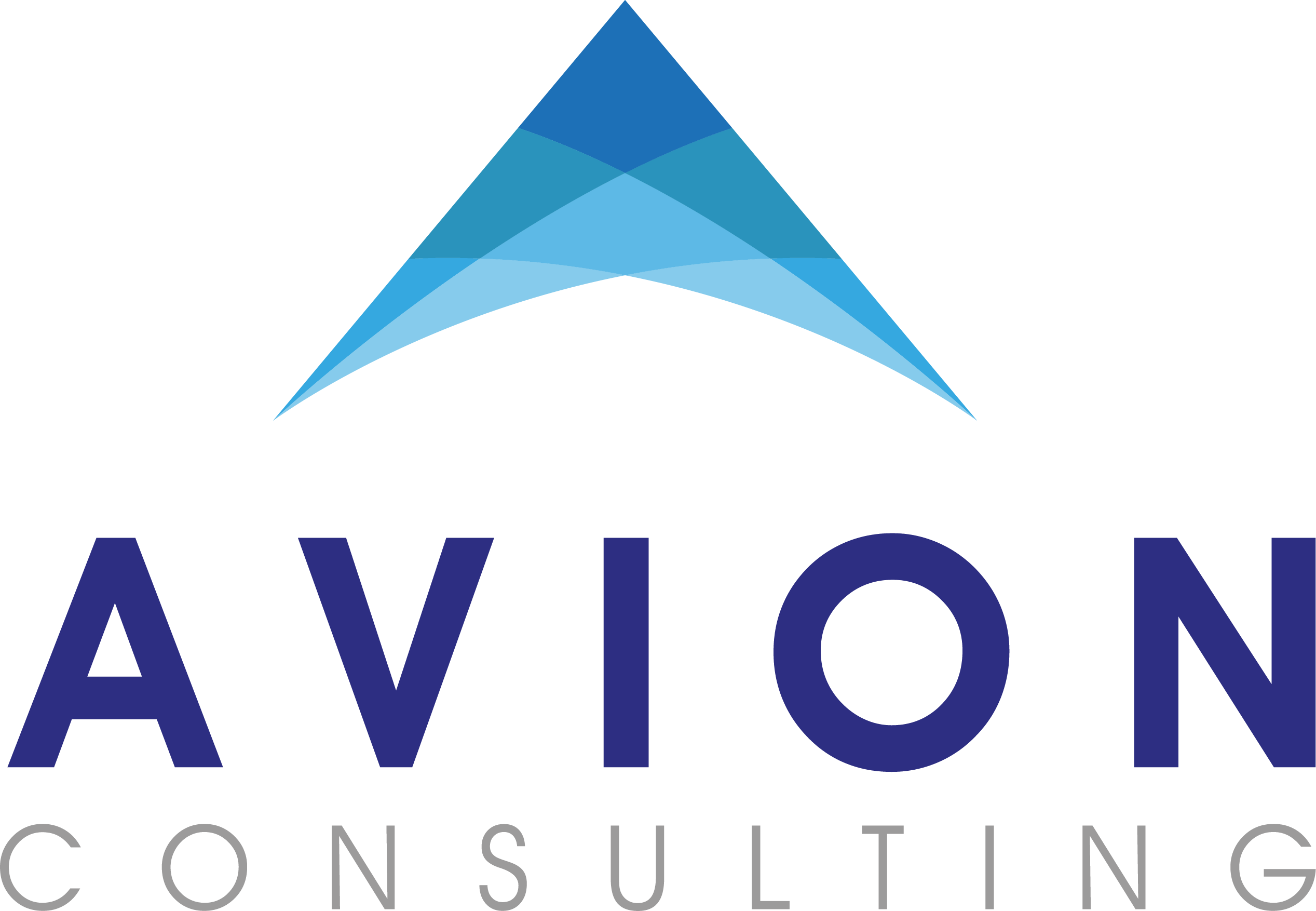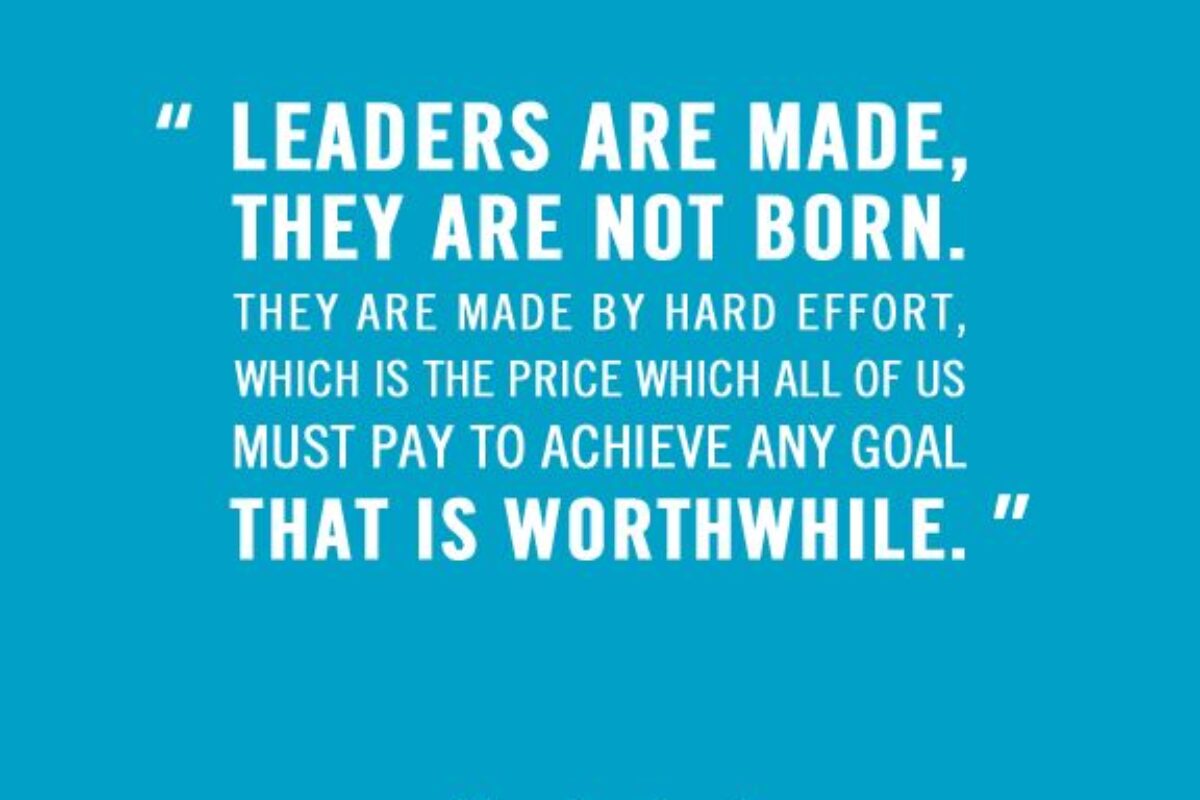During the process of writing our book, “How Leaders Improve” http://bit.ly/HowLeadersImproveBook we collected extensive data from observations of our most improved leaders. Interestingly, we noticed that they tended to adopt seven consistent mindsets that seemed to predispose them to being ripe. These mindsets which we will discuss in more detail include openness, ambition, soul-searching, desire for ROI, commitment to self-improvement, believing that ripeness is important, and fear of consequences of inaction.
1. Openness
Perhaps the most prominent intrinsic factor related to ripeness that we saw in our data was simply the leader’s openness to the entire development process. Numerous interviewees highlighted a general openness to feedback and to anything that might help one to get better in general. As one leader put it, “I was open to improving; I think generally my disposition is that I feel like I’m a work in progress and always have a bent toward this.” Similarly, others noted that their motivation for participating in the leadership development program was just to get feedback, to be willing to change, and to seek to better oneself.
As another leader put it, “I have always had a hunger to improve – no matter what the area of need might be – I just always want to get better. So this process will help me know what I can work on and where to focus my improvement efforts.” Based on our research, this is a great starting place for improvement.
2. Ambition
Some of our most improved leaders indicated that their ripeness for improvement had to do with the fact that they anticipated some opportunity to take their careers to a higher level at some point in the foreseeable future. One leader in our sample captured the essence of this factor very nicely, stating that, “I was at a point in my career where I was committed to getting to the next level, so I welcomed this opportunity; it was a well thought-out, structured program, and I wanted to take advantage of it.” In other words, even though there was no opportunity for advancement right in front of the leader, there was a level of ambition that caused the leader to want to capitalize as fully as possible on the leadership development experience that was being offered. As one of our most improved leaders put it, “You never know when a promotion may come along, so you need to always be focused on self-improvement.”
3. Soul-Searching
Some of our most improved leaders were actually in a much different place in terms of their careers and their ambitions. As we listened to these leaders explaining why they threw themselves into the leadership development experience, we latched onto a term that one leader used to describe where she was at, psychologically, emotionally, and maybe even spiritually, at the time of the leadership development experience: The term soul-searching.
A number of our most improved leaders seem to have been in such a place in the midst of their leadership development efforts, and they used amazingly consistent language in describing where they were at in their career journeys. For example, one leader said, “I was going through some soul-searching about my career, and that made me open to the feedback.” Another leader said, “I was asking myself – should I consider leaving, or should I focus on building my career here? That caused me to take this program seriously.” In short, there is some evidence that leaders who were asking bigger questions about their work lives (for example, about whether they were in the right jobs, companies, or even fields) may have been particularly ripe for improvement as leaders.
4. Desire for ROI
At the outset of some of our leadership development programs, we note to the group that an investment is being made for them to be there, and then we ask: Exactly what is being invested? Almost invariably, we hear two responses: “Money and time” (and “time,” of course, is “money”). Our next question, typically, is: If an investment is being made, what would you then hope for or expect? The answer, of course, is “a return on investment,” or ROI.
Our most improved leaders consistently demonstrated the mindset that they were determined to get value out of the leadership development experience. One of our leaders effectively captured this idea, saying, “If you are going to put all that time and effort into it, and if you then don’t make changes, it’s a big waste of time.” Another echoed this idea, stating, “If you don’t make any changes, why did you sign up for this in the first place?”
5. Commitment to Self-Improvement
Great leaders tend to see leadership as a journey more than a destination; they view themselves as a work in progress and have a commitment to self-improvement that shows up any time they have an opportunity to learn something new about leadership, and about themselves as leaders. And this quality was prominent among our most improved leaders.
Perhaps more so than any of the other mindsets related to ripeness, our most improved leaders used language to describe this mindset that made clear that intrinsic motivation to improve is a key to development as a leader. To illustrate, one leader said, “Wanting to learn and improve is key; self-motivation is the most important thing.” Another echoed that idea, saying, “Improvement has got to be self-initiated. If someone isn’t 100% dedicated to improving, they are not going to improve.”
6. Believing that Ripeness is Important
Another finding from our research highlights a common mindset of individuals who are ripe for improvement. One of our interview questions was as follows: “On a scale of 1-10, how important did you think it was to make changes based on any / all of this (360-degree) feedback?” The average rating in response to that question was a 9.3. And by far the most common response to that question was a 10. When asked to provide a rationale for one’s rating, the responses highlighted two clear themes. First, as referenced above, these individuals demonstrated a commitment to self-improvement. Second, a number of our leaders identified likely incentives that rendered improvement in an area particularly important to them. As one leader indicated, “I knew I probably would not get to a higher level without improving in the key area that surfaced in my feedback.”
7. Fear of Consequences of Inaction
Some of our most improved leaders also reported “avoidance motivators” as being powerful determinants of one’s ripeness. For example, one leader in our study received generally excellent baseline feedback. However, this leader did have one consistently critical “outlier” in her 360-degree feedback report, someone who rated her much lower than others on a number of dimensions. The leader had just gotten a new boss, and she was concerned that this outlier would create negative perceptions with her new boss. So, she decided to directly address the feedback with her new boss. As she explained it, “We had gone through a transition of executive leadership, and I wanted to put my best foot forward and make a good first impression. It was worrisome to me to have my new boss see me in that light, so I openly discussed this feedback with him right away by saying, ‘I don’t know if you’ve seen my 360 but I would like to chat with you right away.’” This leader was motivated to avoid negative consequences, which illustrates the idea that sometimes individuals are ripe to make a change due to fear of inaction or some potential negative consequence.
In short, there are numerous “ripeness mindsets” that our research indicates are clearly associated with improvement, and these mindsets are based on both “approach” and “avoidance” motivators. We believe that the RIPEN model that we have developed at #AvionConsulting captures all of the intrinsic ripeness factors discussed thus far. The RIPEN model was first introduced in our best-selling book “How Leaders Improve” http://bit.ly/HowLeadersImproveBook and is explored in greater detail in our recently released best-seller “Ready, Set, RIPEN!” http://bit.ly/ReadySetRipenBook.
We help our clients to learn and adopt the RIPEN model in their efforts to develop improve as leaders. Business leaders, which mindsets described in this article are reflective of the mindsets you possess and how have they contributed to your improvement? For more about Avion Consulting and our books, visit https://avionconsulting.com/. We also invite you to join the #AvionConsulting newsletter for further discussion at http://bit.ly/AvionNews.



